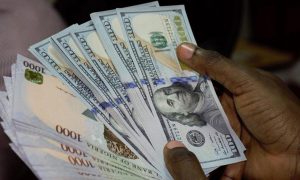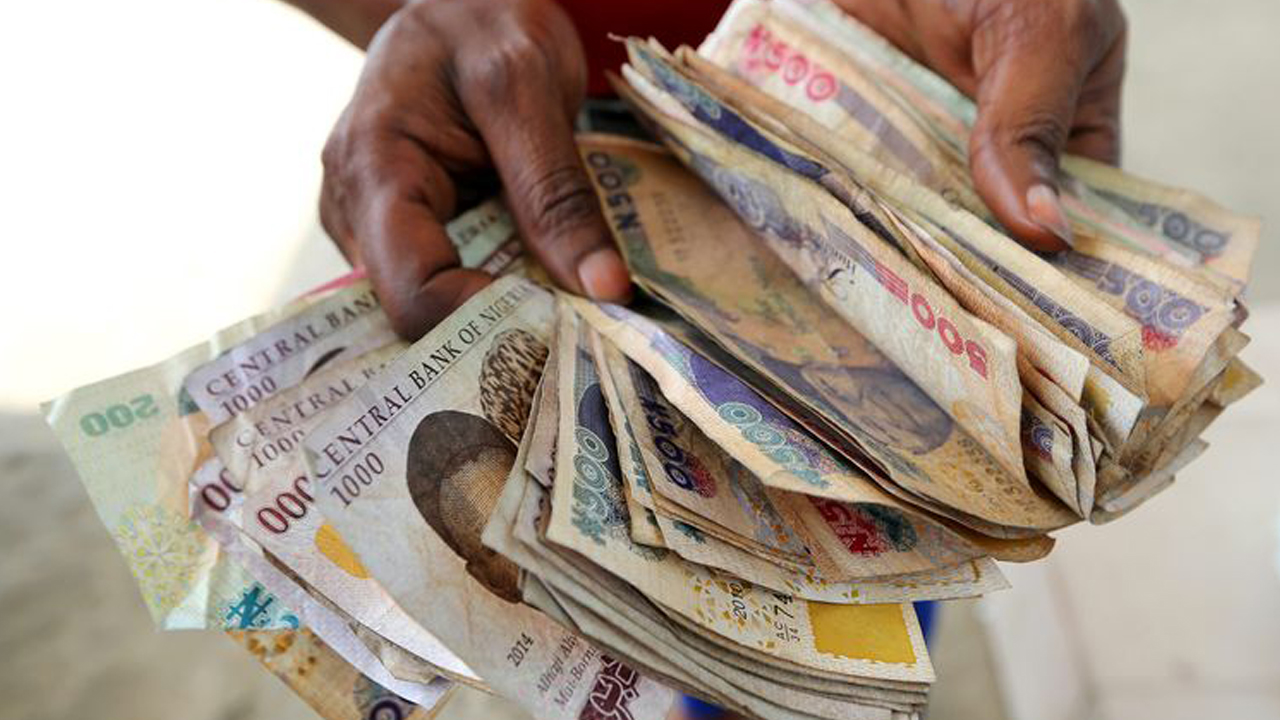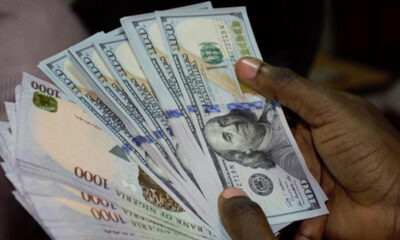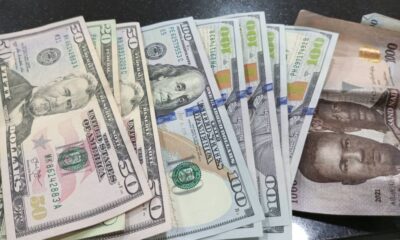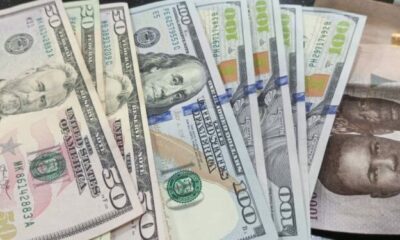Latest News
Naira hits four-month low as CBN decries unbearable currency abuse
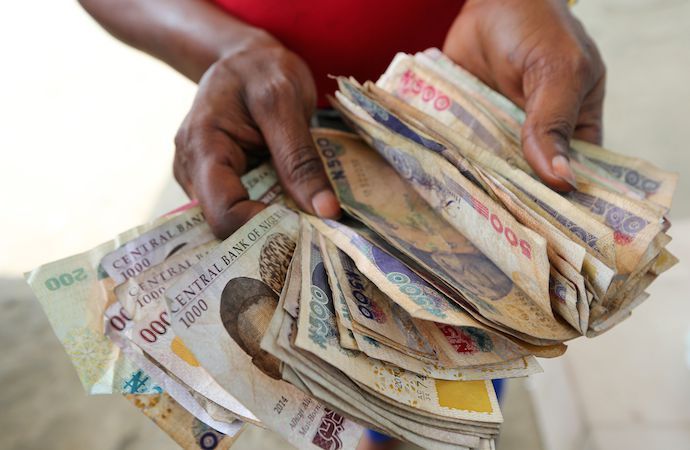
The naira yesterday dropped to a four-month low against the dollar, trading at N575 per dollar at the parallel market.
The local currency was weaker than N570 per dollar it traded for two weeks before petrol scarcity hit major cities including Lagos, Port Harcourt, Abuja, among others.
The Central Bank of Nigeria (CBN) yesterday decried the level of abuse of naira, describing it as becoming unbearable. The apex bank said the abuse is a criminal offence that would attract legal punishment.
However, the naira remained stable at the Investors & Exporters (I&E) forex window (official market) where it closed at N416.37 per dollar.
Currency dealer with AZA Finance, Murega Mungai, said: “We expect the Naira to remain at this level-the weakest against the dollar since October-until the fuel supply shortage recedes in the coming weeks”.
He added: “The Nigerian National Petroleum Company (NNPC) said it expects at least 2.3 billion litres of petrol to arrive in the next two weeks as it scrambles to ease supply shortages following the recall of ‘dirty fuel’ that had been circulating across the country. The NNPC said its retail depots will be open 24 hours-a-day in a bid to ease queues at the pumps”.
The CBN had in the last one year taken major steps to stabilize the naira. The apex bank introduced the naira-for-dollar policy allowing foreign currency recipients to earn N5 for every dollar sent.
The CBN had promised that the new policy would provide Nigerians in the Diaspora with cheaper and more convenient ways of sending remittances to the country.
CBN Governor, Godwin Emefiele said the policy implementation would increase the transparency of remittance inflows and reduce rent-seeking activities.
He expressed optimism that the policy extension will encourage banks and financial institutions to develop products and investments vehicles, geared towards attracting investments from Nigerians in the diaspora.
Managing Director, Financial Derivatives Company Limited, Bismarck Rewane, attributed the naira’s continued decline to heightened forex supply shortage, demand pressure and rationing. He said naira rates convergence would require adoption of a full floating exchange rate system determined by the forces of demand and supply.
Likewise, the International Monetary Fund (IMF) said exchange rate rigidities have constrained the economy’s ability to absorb external shocks.
The IMF insisted that restrictions on access to foreign exchange for certain categories of goods, and multiple exchange rates create distortions in both private and public sectors decision making. They discourage long-term investment, encourage smuggling and provide avenues for corruption.
Moving forward, the Fund suggested removal of foreign exchange restrictions, and a full exchange rate unification, in line with the authorities’ Economic Recovery and Growth Plan (ERGP), will help keep the parallel market premium low in a more sustained manner.
It therefore called for unified exchange rate for the naira to promote growth and attractive foreign capital.
According to the IMF, foreign exchange backlog and shortages are intensifying Balance of Payment (BoP) pressures insisting that exchange rate unification was imperative to reduce BoP risks. It said that fiscal deficit will stay elevated in the medium term, while additional domestic revenue mobilisation is required to reduce fiscal risks.
Central Bank of Nigeria’s (CBN’s) Team Lead Director, Corporate Communication Department, Nwanisobi Osita, said the introduction of eNaira in the financial system is geared towards improving the effectiveness of monetary policy in managing inflation and driving economic growth in Nigeria.


